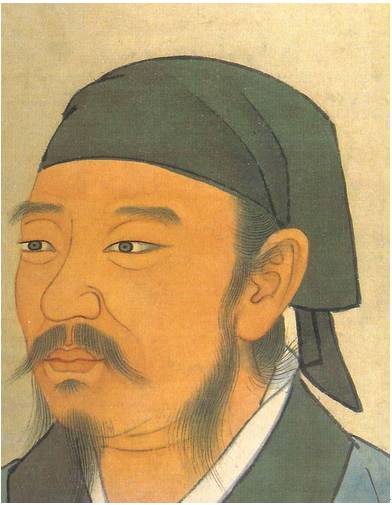Readings in Classical Chinese Philosophy (2001), p. 258
An Exhortation to Learning
Xun Zi: Frases en inglés
Readings in Classical Chinese Philosophy (2001), p. 263
A similar phrase to the saying is found in the 3rd millennium BCE Sumerian text Instructions of Shuruppak by Šuruppak: "You should not serve things; things should serve you." http://etcsl.orinst.ox.ac.uk/section5/tr561.htm
"Cultivating oneself"
“The person attempting to travel two roads at once will get nowhere.”
Quoted in: Errick A. Ford (2010) Iron Sharpens Iron: Wisdom of the Ages, p. 48.
“Human nature is evil, and goodness is caused by intentional activity.”
Quoted in: Fayek S. Hourani (2012) Daily Bread for Your Mind and Soul, p. 336.
Quoted in: Joan Klostermann-Ketels (2011) HumaniTrees, p. 96.
Readings in Classical Chinese Philosophy (2001), p. 259
An Exhortation to Learning
Sources of Chinese Tradition (1999), vol. 1, p. 182
Human nature is evil
Sources of Chinese Tradition (1999), vol. 1, p. 180
Human nature is evil
Sources of Chinese Tradition (1999), vol. 1, p. 181
Human nature is evil
“If an action … involves little profit but much righteousness, do it.”
Readings in Classical Chinese Philosophy (2001), p. 263
"Cultivating oneself"
Readings in Classical Chinese Philosophy (2001), p. 260
An Exhortation to Learning
Sources of Chinese Tradition (1999), vol. 1, p. 180
Human nature is evil
Sources of Chinese Tradition (1999), vol. 1, pp. 179-180
Human nature is evil
